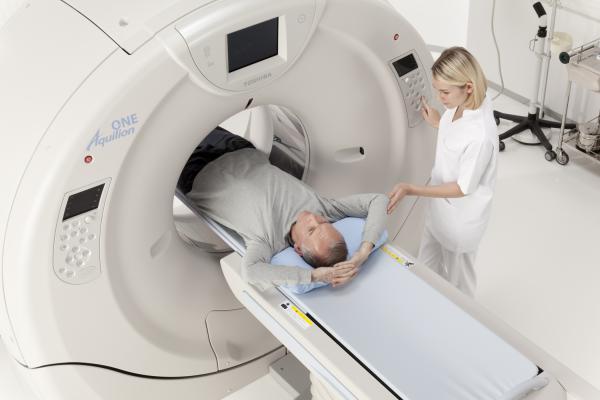
March 27, 2013 — The American College of Radiology (ACR) has affirmed its support for the Diagnostic Imaging Services Access Protection Act (S. 623) recently introduced in the Senate by Senators Ben Cardin (D-MD) and David Vitter (R-LA). The Senate bill corresponds with H.R. 846, recently introduced in the House of Representatives by Reps. Pete Olson (R-TX), Peter Roskam (R-IL), John Barrow (D-GA), Betty McCollum (D-MN) and currently co-sponsored by 72 bipartisan members of Congress.
S. 623 and H.R. 846 would correct a 25 percent multiple procedure payment reduction to Medicare reimbursement for interpretation of advanced diagnostic imaging scans performed on the same patient, in the same session. This Medicare funding cut affects care for the most sick or injured patients — such as those with massive head and body trauma, stroke or widespread cancer — who often require interpretations by different doctors to survive.
The cut that S. 623 and H.R. 846 address have little to no impact on the number of scans ordered. Radiologists rarely order exams, but perform those ordered by other providers. Because each imaging procedure produces a set of images requiring individual interpretation, the radiologist is ethically and professionally obligated to expend the same time and effort reviewing each image, regardless of the date of service. A 2012 study shows that any efficiencies in physician interpretation and diagnosis when the same patient is provided multiple services on the same day are variable and, at most, one-tenth of what policymakers contend.
“The ACR thanks Senators Cardin and Vitter for joining the House members who are standing against this arbitrary cut that does nothing to ensure appropriate care, does not affect the number of scans ordered and does a disservice to those caring for what are the most vulnerable of Medicare patients. I strongly urge the House and Senate to pass the Diagnostic Imaging Services Access Protection Act,” said Paul H. Ellenbogen, M.D., FACR, chair of the ACR Board of Chancellors.


 August 06, 2024
August 06, 2024 








